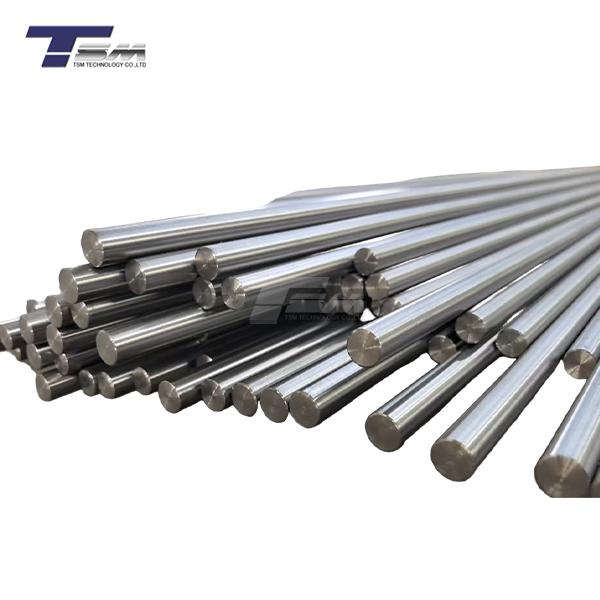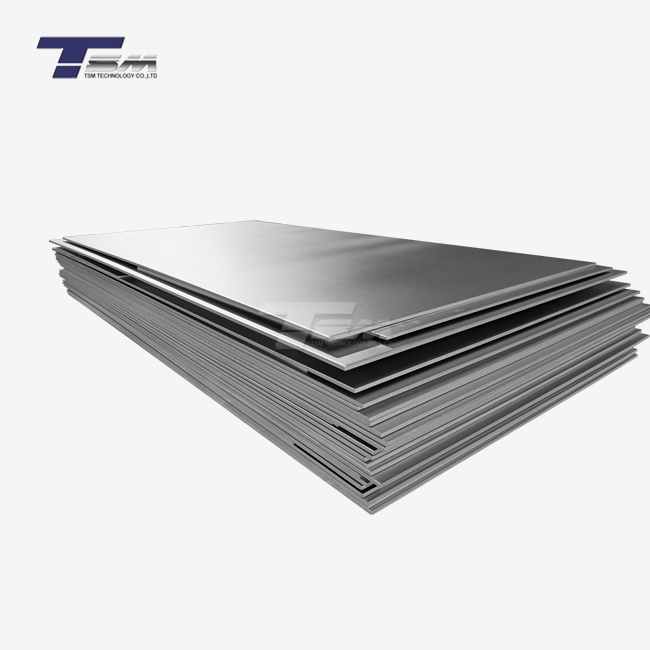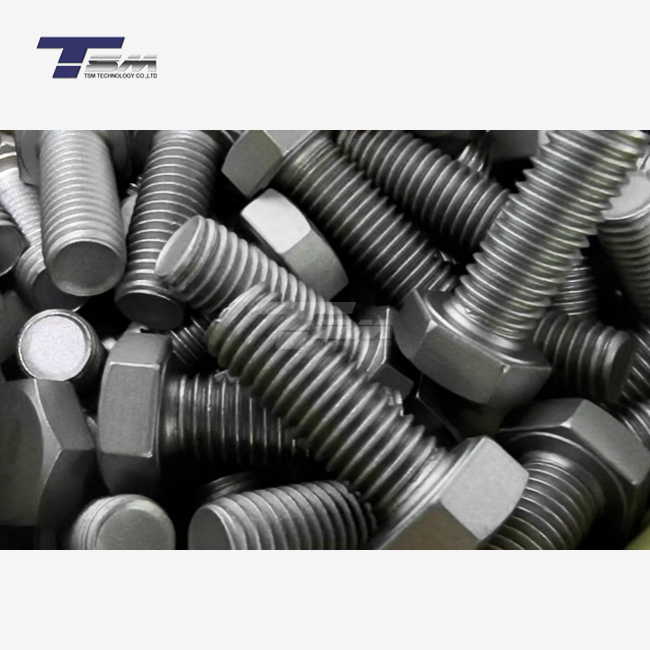Unmatched Corrosion Resistance of Hastelloy C276 Round Bar
Superior Protection Against Aggressive Chemicals
The chemical industry often deals with highly corrosive substances that can rapidly degrade conventional materials. Hastelloy C276 round bar excels in these environments due to its remarkable resistance to a wide range of chemicals. The alloy's high molybdenum and chromium content form a protective oxide layer on the surface, shielding it from attack by acids, alkalis, and other corrosive media. This exceptional resistance extends to both reducing and oxidizing atmospheres, making it suitable for diverse chemical processes.

Resistance to Pitting and Crevice Corrosion
One of the most significant advantages of Hastelloy C276 rod is its resistance to localized forms of corrosion. Pitting and crevice corrosion can be particularly insidious, causing rapid material failure in critical components. The unique composition of Hastelloy C276 prevents the initiation and propagation of these corrosion types, even in chloride-rich environments. This property ensures the longevity of equipment and reduces the risk of unexpected failures in chemical processing plants.
Performance in High-Temperature Corrosive Environments
Many chemical processes occur at elevated temperatures, which can accelerate corrosion rates. Hastelloy round bar maintains its corrosion resistance even at high temperatures, making it suitable for use in reactors, heat exchangers, and other high-temperature applications. Its ability to withstand thermal cycling without losing its protective properties further enhances its value in the chemical industry, where temperature fluctuations are common.
Mechanical Properties and Versatility of Hastelloy C276 Round Bar
High Strength and Ductility
The chemical industry requires materials that can withstand not only corrosive environments but also high mechanical stresses. Hastelloy C276 round bar offers an excellent combination of strength and ductility, allowing it to maintain structural integrity under demanding conditions. Its high yield strength enables the design of thinner-walled components, reducing overall weight and material costs without compromising performance. The alloy's ductility also facilitates fabrication and installation processes, making it a versatile choice for various applications.
Excellent Fatigue Resistance
In chemical processing equipment, components are often subjected to cyclic loading, which can lead to fatigue failure. Hastelloy C276 rod exhibits superior fatigue resistance, ensuring long-term reliability in applications involving repeated stress cycles. This property is particularly valuable in agitators, pumps, and other dynamic components where material fatigue can be a significant concern. The alloy's ability to resist crack initiation and propagation under cyclic loading contributes to extended equipment life and reduced maintenance requirements.
Wide Temperature Range Capability
The versatility of Hastelloy C276 round bar is further demonstrated by its performance across a wide temperature range. From cryogenic temperatures to elevated operating conditions, this alloy maintains its mechanical properties and corrosion resistance. This broad temperature capability makes it suitable for use in various chemical processes, from low-temperature storage tanks to high-temperature reaction vessels. The material's stability across temperature ranges also simplifies design considerations for equipment that may experience thermal cycling during operation.
Cost-Effectiveness and Long-Term Benefits of Hastelloy C276 Round Bar
Reduced Maintenance and Downtime
While the initial cost of Hastelloy C276 round bar may be higher than some alternative materials, its long-term benefits often result in significant cost savings. The exceptional corrosion resistance and mechanical properties of this alloy translate to reduced maintenance requirements and less frequent equipment replacement. In the chemical industry, where downtime can be extremely costly, the reliability of Hastelloy C276 components helps maintain continuous operations and minimize production interruptions. This reduction in maintenance and downtime not only saves direct costs but also enhances overall plant efficiency and productivity.
Extended Equipment Lifespan
The durability of the Hastelloy round bar contributes to a substantially extended lifespan for chemical processing equipment. Components made from this alloy can often outlast those made from conventional materials several times, especially in harsh environments. This longevity reduces the frequency of capital expenditures for equipment replacement and allows for more predictable long-term planning. The extended service life of Hastelloy C276 components also aligns with sustainability goals by reducing material consumption and waste generation over time.
Improved Process Efficiency and Product Quality
The use of Hastelloy C276 rod in chemical industry applications can lead to improvements in process efficiency and product quality. Its resistance to corrosion and contamination helps maintain the purity of chemical products, which is crucial in many high-value applications. The alloy's stability also allows for more consistent process conditions, leading to better control and reproducibility in chemical reactions. These factors contribute to higher product quality, reduced waste, and improved overall process economics, further enhancing the cost-effectiveness of choosing Hastelloy C276 for critical components.
Conclusion
Hastelloy C276 round bar stands out as an exceptional material for the chemical industry, offering a unique combination of corrosion resistance, mechanical strength, and versatility. Its ability to withstand aggressive chemicals, high temperatures, and mechanical stresses makes it ideal for a wide range of critical applications. The long-term benefits of using Hastelloy C276, including reduced maintenance, extended equipment life, and improved process efficiency, often outweigh the initial investment. As the chemical industry continues to face challenges in harsh environments, Hastelloy C276 round bar remains a reliable solution, ensuring the safety, efficiency, and longevity of chemical processing equipment.
Contact Us
For more information about Hastelloy C276 round bar and how it can benefit your chemical processing operations, please contact us at info@tsm-technology.com. Our team of experts is ready to assist you in selecting the right materials for your specific applications.



